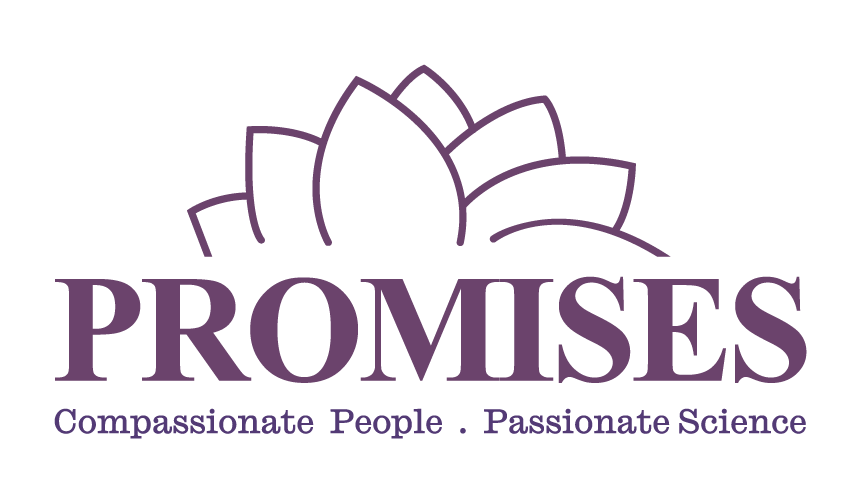Anger Management Therapy In Singapore

Understanding Anger
Before we dive deep into the management of anger, it is important to understand the emotion of anger and why it occurs. Anger is a normal emotion that everyone experiences. However, when it reaches an unhealthy level of intensity and duration, it can become a problem. This is why it is important to understand and manage your emotions, especially anger. But what exactly is anger? First, we must understand that anger is neither a positive nor a negative emotion. Anger is simply a response that tells us something is wrong with a situation – e.g., an injustice has been done, someone has caused harm to us, or invaded our boundaries. In that aspect, anger is a message. It’s telling us that something needs to be done, and it can push us towards actions that we feel will right the wrongs perpetrated against us.
However, for some, it can lead to uncontrollable outbursts and reactions that are often irrational. How we act in the face of such anger can be damaging and have long-term or permanent consequences.
When does anger become a problem?
When you perceive a wrong against yourself, it is normal to feel anger. However, when you feel upset about every little wrong that has been done to you and it becomes too intense and manifests in destructive forms, you may have an anger management problem.
The intensity of anger can range from mild annoyance to extreme rage and fury. When these outbursts become too intense and occur too frequently, and it’s being directed at others or yourself in an unhealthy way, it can be a sign of underlying psychological issues, and you will need to go for anger management therapy. More often than not, those with anger management problems will encounter crises, where relationships or even careers are destroyed. In order to prevent that from happening, you need to first recognise the signs that you have anger management issues.
Warning Signs of Anger Management Problems
- Turning extremely aggressive when drunk.
- Rigidity in negotiations and becoming angry when things don’t go their way.
- Finding it difficult to express emotions in a calm and healthy manner.
- Cutting communications with people they are unhappy with.
- Isolating thoughts and self-harming behaviour.
- Aggressive behaviour, such as violence and raising of voice.
- Substance abuse or addiction to compulsive behaviour.
- Alternating between bad and good behaviour which affects relationships.
If you have anger management problems, you may perceive constructive criticism as challenges, causing confrontations between the parties involved. You will tend to:
- Overgeneralise.
- Obsess about how things should go your way.
- Assume others’ intentions are malicious towards you (even though you have no way of knowing).
- Focusing on past faults.
- Failing to take responsibility.
Once you recognise these toxic patterns of thinking, you can perform the following exercises to help cool your temper and break the cycle of anger.
Once you recognise these toxic patterns of thinking, you can perform the following exercises to help cool your temper.
Helpful Anger Management Exercises
Anger is both a physiological and psychological response to adverse external events. A combination of physiological and psychological approaches will contribute towards your management of anger, these would consist of:

How Can Anger Management Therapy Help?
Anger management issues can manifest in many forms. A person with anger management problems may turn to an addiction. However, this fails to recognise the root cause of their anger, which may be emotional hurt or abuse suffered in the past.
A professional clinician, psychiatrist, psychologist, or counsellor/therapist will be able to help you come to terms with the underlying cause of your anger – which is the key to effectively addressing your anger management issue.
Anger Management Therapy at Promises Healthcare can help individuals develop strategies to understand and manage their anger in healthy and constructive ways. Through therapy sessions, individuals can learn effective communication skills, stress reduction techniques, and coping mechanisms to improve self-control and foster healthier relationships.
Does My Loved One Have Anger Problems?
Frequent outbursts of anger are usually attributed to one’s character traits. However, these outbursts commonly stem from emotional sources. If your loved one shows outbursts but does not take responsibility for their part in events, they may have an anger management problem. It is prudent to recognise that many of these problems are rooted in past abuse, trauma, or hurt during childhood – we can best help our loved ones avoid a crisis by drawing firm boundaries.
Frequently Asked Questions
How Can Counselling Services Help With Anger Management?
Counselling services can help with anger management by providing a safe and supportive environment for individuals to explore the underlying causes of their anger, identify triggers, and develop effective coping strategies. A trained counsellor or therapist can guide individuals through various therapeutic techniques such as cognitive-behavioural therapy (CBT), acceptance and commitment therapy (ACT), didactical behaviour therapy (DBT), mindfulness, and emotion-focused therapy, helping them gain better control over their emotions, improve communication skills, and enhance their relationships.
What is the Best Form of Anger Management Therapy in Singapore?
The best form of anger management therapy in Singapore is the one that addresses the specific needs and concerns of the individual seeking help. There is no one-size-fits-all approach to anger management, as each person’s experiences and triggers may differ. Some popular therapies for anger management include cognitive-behavioural therapy (CBT), mindfulness-based techniques, and dialectical behaviour therapy (DBT). It’s essential to work with a qualified therapist or counsellor who can customise a treatment plan based on the individual’s unique circumstances.
Can Anger Management Be Cured?
Anger management is not a condition that can be “cured”, as experiencing anger is a normal and natural human emotion. However, individuals can learn to manage their anger more effectively and develop healthier ways of expressing and coping with it. Through therapy and practice of the handles learnt at therapy, clients can grow in self-awareness, and can gain better control over their emotions, improve their relationships, and enhance their overall quality of life.
What to Expect From an Anger Management Therapy Session?
During an anger management therapy session, individuals can expect to work closely with a psychologist, therapist or counsellor to explore their feelings, identify triggers, and develop coping strategies. The clinician may use a variety of techniques, such as cognitive-behavioural therapy (CBT), acceptance and commitment therapy (ACT), didactical behaviour therapy (DBT), mindfulness, or emotion-focused therapy, depending on the individual’s specific needs. Sessions typically involve discussing personal experiences, practising new skills, and setting goals for improvement. Over time, individuals will learn to recognise and manage their anger more effectively, leading to better relationships, and enhanced well-being.
What are the fees like?
At Promises Healthcare, we understand the importance of transparency when it comes to fees for our services. As fees may vary depending on the specific treatment plan and duration, we encourage you to visit our fees page on our website for detailed information. Our fees page provides a comprehensive overview of the costs associated with our services, allowing you to make an informed decision.
Our Anger Management Team includes (but not limited to):
GET IN TOUCH
Please be assured that all information shared with us will be kept confidential*.
At Promises, we aim to create a safe space to aid you in your recovery journey.
*Please refer to our Privacy Policy for further details. For further enquiries, please do not hesitate to contact us for more information.
ADDRESS:
#09-22/23, Novena Medical Center,
10 Sinaran Drive, Singapore 307506.
OPENING HOURS:
Mon to Fri: 9am – 6pm
Sat: 9am – 3pm (Clinical Services Only)
TELEPHONE:
+65 6397 7309
FAX:
+65 6397 7301
EMAIL ADDRESS:
Clinic: Please use the "Contact Us" form to get in touch with the clinic.
Careers: hr@promises.com.sg
Media/Marketing: marketing@promises.com.sg
EAP/Training: mindwealth360@promises.com.sg
Medico-legal/Forensics: forensics@promises.com.sg
























